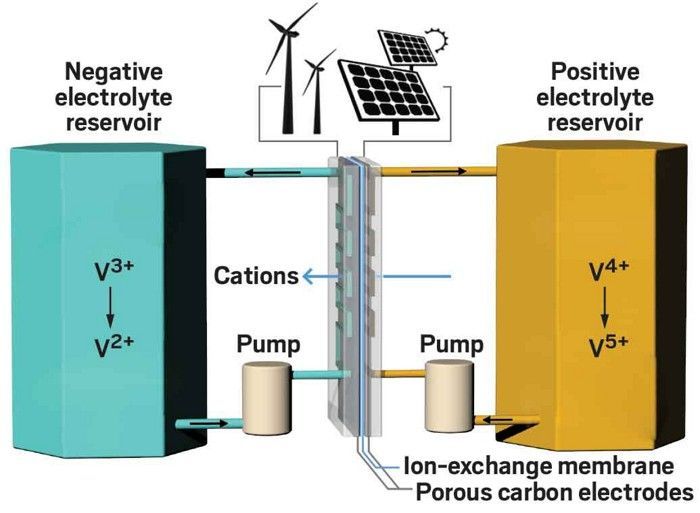In today’s world, climate change is a pressing issue that affects us all. Our carbon footprint, or the amount of greenhouse gases we individually produce, plays a significant role in contributing to global warming and other environmental problems. One way to combat climate change is by increasing energy efficiency in our daily lives.
What is Energy Efficiency?
Energy efficiency refers to using less energy to accomplish the same task or achieve the same level of comfort. This can be achieved through various means, such as using energy-efficient appliances, insulating our homes better, or adopting renewable energy sources like solar power. By reducing the amount of energy we consume, we can significantly decrease our carbon footprint.
How Does Energy Efficiency Reduce Your Carbon Footprint?
When we use less energy, we rely less on fossil fuels like coal, oil, and natural gas that release harmful greenhouse gases into the atmosphere when burned. These gases, such as carbon dioxide and methane, trap heat in the earth’s atmosphere, leading to global warming and climate change. By reducing our energy consumption, we lower the amount of greenhouse gases emitted, thus helping to mitigate climate change.
Energy-Efficient Appliances
One of the easiest ways to improve energy efficiency in your home is by replacing old, inefficient appliances with new energy-efficient models. Energy-efficient appliances use less energy to operate, resulting in lower electricity bills and reduced carbon emissions. Look for products with the Energy Star label, which indicates that they meet strict energy efficiency guidelines set by the Environmental Protection Agency.
Insulation and Weatherization
Proper insulation and weatherization of your home can also make a big difference in reducing energy consumption. By sealing air leaks, adding insulation, and installing energy-efficient windows and doors, you can keep your home comfortable year-round while using less energy for heating and cooling. This not only reduces your carbon footprint but also saves you money on energy bills.
Renewable Energy Sources
Another way to boost energy efficiency and reduce your carbon footprint is by turning to renewable energy sources like solar, wind, and geothermal power. These clean energy sources generate electricity without emitting greenhouse gases, making them a more sustainable option for powering your home. In some cases, you may even be able to sell excess energy back to the grid, further reducing your carbon footprint.
The Benefits of Energy Efficiency
Aside from reducing your carbon footprint, improving energy efficiency offers a range of other benefits. It can lower your energy bills, increase the value of your home, and improve your overall comfort and quality of life. Energy-efficient homes are also less reliant on fossil fuels, which helps reduce our dependence on non-renewable resources and promotes a cleaner, healthier environment for future generations.
Take Action Today
By making simple changes to improve energy efficiency in your home, you can play a vital role in reducing your carbon footprint and combating climate change. Whether it’s upgrading to energy-efficient appliances, insulating your home, or installing solar panels, every little bit helps. Start making a difference today and show your commitment to a sustainable future.


